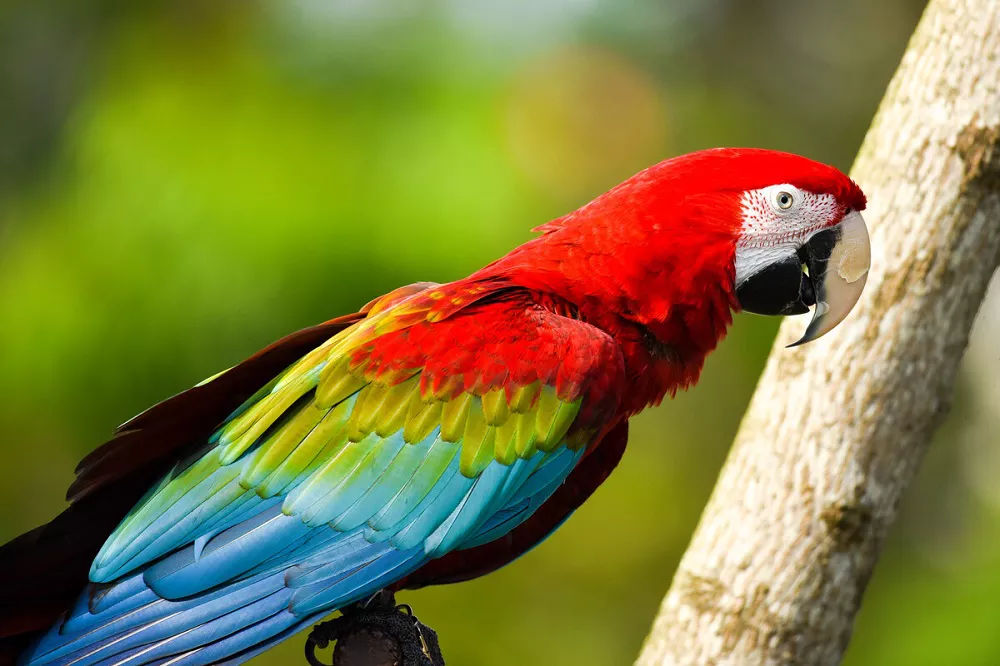Scarlet macaws are one of the most iconic bird species in the world, known for their vibrant red, blue, and yellow feathers. These magnificent birds are native to the tropical rainforests of Central and South America, where they play an important role in the ecosystem. One of the questions that many people ask about scarlet macaws is how long they live. In this article, we will explore the lifespan of scarlet macaws and what factors can affect their longevity.
The average lifespan of scarlet macaws in the wild is estimated to be between 40 and 50 years. However, some scarlet macaws have been known to live for up to 75 years in captivity. This means that the lifespan of scarlet macaws can vary depending on the environment and the conditions in which they are kept.
There are several factors that can affect the lifespan of scarlet macaws. One of the most important factors is the availability of food and water. Scarlet macaws require a diet that is rich in fruits, nuts, and seeds, and they need access to clean water to drink and bathe in. In areas where food and water are scarce, scarlet macaws may struggle to survive and their lifespan may be shortened.
Another factor that can affect the lifespan of scarlet macaws is predation. Scarlet macaws are preyed upon by a variety of predators, including large birds of prey, snakes, and mammals such as jaguars and ocelots. In areas where predation is high, scarlet macaws may have a lower chance of survival and a shorter lifespan.
Human activities can also impact the lifespan of scarlet macaws. Deforestation, poaching, and the pet trade are all threats to scarlet macaws and can have a negative impact on their survival. In areas where scarlet macaws are hunted or captured for the pet trade, their populations may decline, and their lifespan may be shortened.
In captivity, scarlet macaws can live longer than they would in the wild. This is because they have access to a consistent source of food and water, protection from predators, and veterinary care. However, it is important to note that keeping scarlet macaws as pets is illegal in many countries, and it is not recommended as it can have a negative impact on the birds’ welfare.
In conclusion, scarlet macaws can live for up to 75 years in captivity, but in the wild, their lifespan is estimated to be between 40 and 50 years. The lifespan of scarlet macaws can be affected by several factors, including food and water availability, predation, and human activities such as deforestation, poaching, and the pet trade. To ensure the survival of scarlet macaws, it is important to protect their habitat, prevent poaching and illegal pet trade, and promote sustainable forestry practices.


 Facebook
Facebook  Instagram
Instagram  Youtube
Youtube 